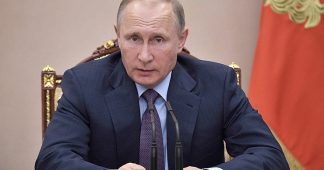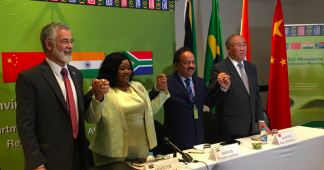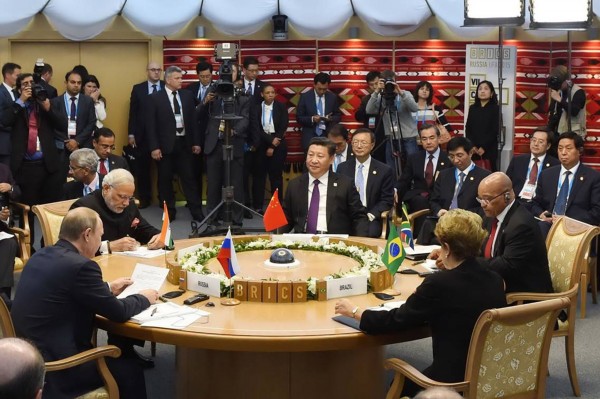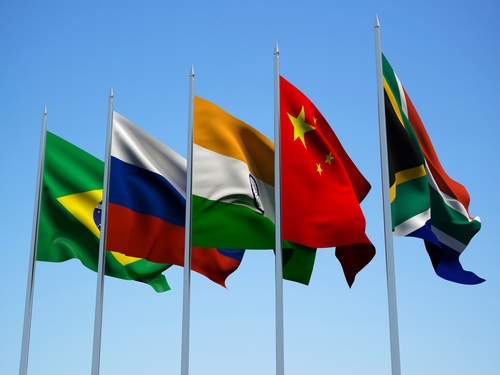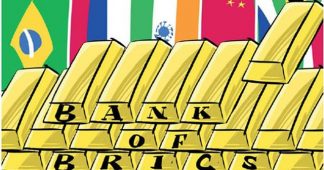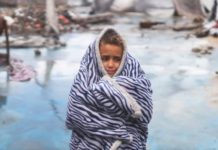by Mariama Sow
On Wednesday, July 25, South African President Cyril Ramaphosa opened the 10th summit of the BRICS countries (Brazil, Russia, India, China, and South Africa) in Johannesburg, South Africa. Following regular meetings among their countries’ ministers throughout the year, the annual BRICS summit serves as a platform for BRICS heads of state and government to affirm their joint commitments within the political bloc for the year ahead.
This year, the three-day summit was attended by Ramaphosa, Xi, Modi, Russian President Vladimir Putin, and Brazilian President Michel Temer and focused on the theme, “BRICS in Africa: Collaboration for Inclusive Growth and Shared Prosperity in the Fourth Industrial Revolution.” Notably, the summit included a BRICS-Africa Outreach Session, during which leaders from Angola, Gabon, Namibia, Rwanda, Senegal, Togo, and Uganda took part in dialogues with BRICS heads of state on the theme, “BRICS in Africa: Working towards the realization of the African Aspirations.” At the end of the summit, the BRICS leaders adopted the Johannesburg Declaration, which reaffirms principles of democracy, inclusiveness, and fights against unilateralism and protectionism.
During the high-level meetings on the BRICS countries’ core areas of cooperation—including economic issues, peace and security, and people-to-people exchanges—trade featured prominently, especially given rising trade tensions between the U.S. and China in recent months. On the summit’s opening day, Xi stated, “A trade war should be rejected because there will be no winner,” in reference to escalating threats from the U.S. In the Johannesburg Declaration, the heads of state agreed that, “the importance of an open world economy, enabling all countries and peoples to share the benefits of globalization, which should be inclusive and support sustainable development and prosperity of all countries.” Moreover, Ramaphosa commented during the BRICS Business Forum that “there’s also much scope to expand the value of trade between BRICS countries themselves. As a country that’s primarily an exporter of commodities to its BRICS partners, South Africa supports a shift towards complementary value-added trade.”
In other news, leading up to summit, Leaders Xi and Modi visited several African countries, during which they announced a slew of new investments in the region. Xi signed dozens of bilateral agreements in Senegal and Rwanda—although the exact value and content of the deals was not immediately made public. In South Africa, Xi pledged $14.7 billion in investment, $2.8 billion of which would be used to support the country’s struggling state utility company, Eskom. Following the BRICS summit, Xi will travel to Mauritius, a country with which China is currently negotiating a free trade agreement. Meanwhile, Modi announced that India would provide $200 million in loans for infrastructure and environmental projects in Uganda, provide $200 million in loans to Rwanda to develop industrial parks and build agricultural infrastructure, and open 18 new embassies across the continent over the next three years to supplement the 29 African missions already there.
